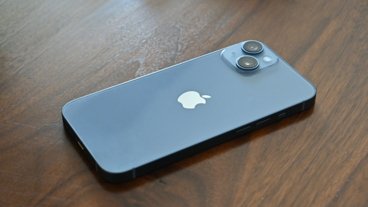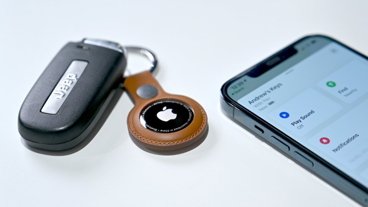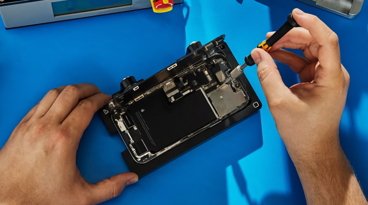Apple happy with AT&T, indicates no plans for CDMA iPhone
Speaking during Apple's second-fiscal quarter conference call, Cook reiterated that Apple chose AT&T (then named Cingular) as its exclusive partner in the US because of its support for GSM, the mobile networking standard in use worldwide by the majority of cellular phone providers. That enabled Apple to launch and sell one unit globally.
The second generation iPhone 3G added support for UMTS service, the third generation mobile network standard that all GSM providers are moving toward. Development of UMTS is managed by the 3rd Generation Partnership Project (3GPP) organization.
While many phone makers sell versions of their handsets for both GSM/UMTS worldwide and Qualcomm's rival CDMA mobile network technology operated by Sprint and Verizon Wireless in the US, doing so requires twice the development effort. Taking on that extra effort is becoming increasingly less attractive as CDMA providers make plans to transition to the next generation of mobile networks.
"CDMA doesnt really have a life to it after a certain point in time," Cook said during the call, dashing any fantasies of the iPhone becoming available to Sprint and Verizon users in the next few years. Cook was referring to the entire Qualcomm CDMA stack in comparison with 3GPP GSM/UMTS specifications, as UMTS actually uses a related W-CDMA carrier technology as opposed to GSM's TDMA signaling.
For Verizon, the primary competitor to AT&T in the US, the next generation mobile network means Long Term Evolution (LTE). That future specification is sometimes referred to as 4G, but is really the next stage of 3GPP development. AT&T currently operates a 3GPP Release 5 network now being upgraded to incorporate newer improvements in the 3GPP specifications; LTE is simply a name attached to the forthcoming 3GPP Release 8.
Once LTE networks are built out over the next several years, Verizon's CEO told the Wall Street Journal that an LTE version of the iPhone would make Apple "more likely" to want to work with Verizon in addition to AT&T. If all goes according to plan, at some point early in the next decade both Verizon and AT&T will operate compatible networks, just like all the providers in Europe.
However, AT&T has already stated that it plans to upgrade its existing network incrementally, which is a much easier path toward LTE than Verizon's plans to completely replace its CDMA/EVDO network with LTE. During that time, AT&T will also be able to continue to advertise a faster mobile network, and Apple will be able to leverage global support for 3GPP mobile networks to release increasingly faster versions of the iPhone.
 Prince McLean
Prince McLean










 Andrew Orr
Andrew Orr
 Sponsored Content
Sponsored Content
 Malcolm Owen
Malcolm Owen

 William Gallagher
William Gallagher

 Mike Wuerthele
Mike Wuerthele
 Christine McKee
Christine McKee







